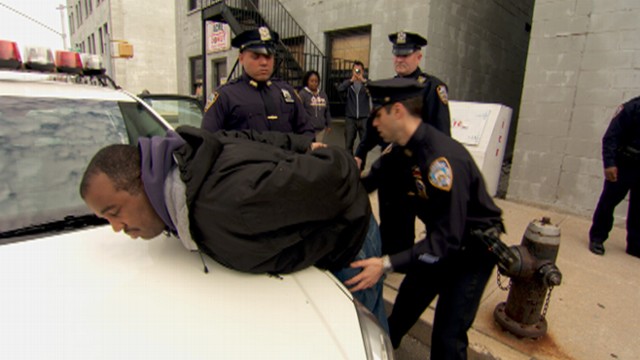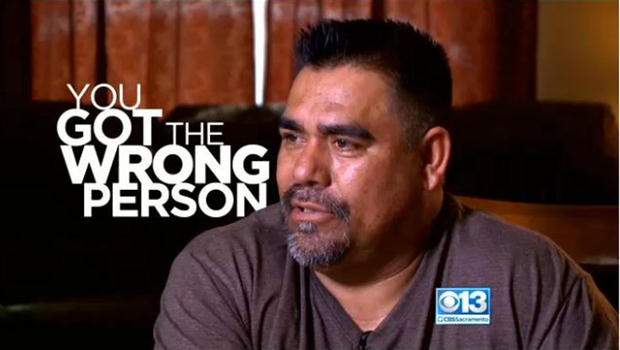
In U.S. v. McIntosh, the 9th Circuit Court of Appeals banned the U.S. Department of Justice (DOJ) from prosecuting medical marijuana cases if no state laws were broken.
U.S v. McIntosh consolidated 10 pending cases in Washington in California where defendants who sold medical marijuana were indicted for violating the Controlled Substance Act. The defendants sought dismissal of their charges or to enjoin their prosecutions under the Consolidated Appropriations Act, which prohibits the DOJ from spending funds to prevent states’ implementation of their medical marijuana laws.
Although marijuana remains illegal under federal law, Congress has barred the Justice Department from spending money to prevent states from regulating the use or sale of medical pot.
Federal prosecutors argued unsuccessfully that Congress meant only to bar the department from taking legal action against states and that it could still prosecute individuals who violate federal marijuana laws. The court rejected that, saying that medical marijuana-based prosecutions prevent the states from giving full effect to their own measures Judge Diarmuid F. O’Scannlain wrote the following in his opinion:
“DOJ, without taking any legal action against the Medical Marijuana States, prevents them from implementing their laws that authorize the use, distribution, possession, or cultivation of medical marijuana by prosecuting individuals for use, distribution, possession, or cultivation of medical marijuana that is authorized by such laws . . . If the federal government prosecutes such individuals, it has prevented the state from giving practical effect to its law providing for non-prosecution of individuals who engage in the permitted conduct.”
“If DOJ wishes to continue these prosecutions, Appellants are entitled to evidentiary hearings to determine whether their conduct was completely authorized by state law, by which we mean that they strictly complied with all relevant conditions imposed by state law on the use, distribution, possession, and cultivation of medical marijuana.”
With that, the Court of Appeals remanded the case back with instructions to conduct evidentiary hearings to determine whether Appellants complied with state law.
Marijuana activists and lawyers representing medical pot suppliers say the ruling is a significant addition to the growing support for broad legalization of the drug.
“This is the beginning of the end of federal prosecutions of state medical marijuana dispensary operators, growers and patients,” said Marc Zilversmit, an attorney representing five people who operate four marijuana stores in Los Angeles and nine indoor growing sites in Los Angeles and San Francisco.
My opinion? Good decision. These days, marijuana is legal for medicinal or recreational use in 25 states and the District of Columbia. In addition, ten states have marijuana legalization measures on the November ballot. This case is a positive shift toward legalizing marijuana on a federal level.
Please contact my office if you, a friend or family member are charged with a crime. Hiring an effective and competent defense attorney is the first and best step toward justice.









